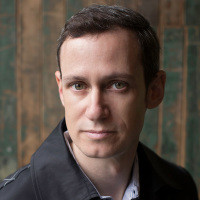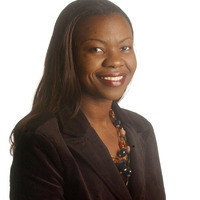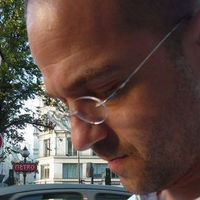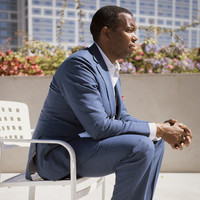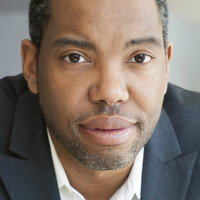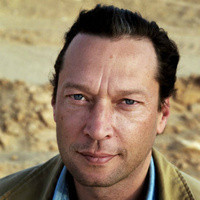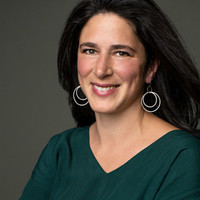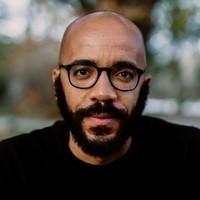Sarah Stillman is a staff writer for The New Yorker.
"People don't really care about issues so much as they care about the stories and the characters that bring those issues to life. ... A story needs an engine or something to propel you forward and it can't just be a collection of like, 'Oh hmm, this was interesting over here and this was interesting over there.' Realizing that helped me sit down with all my stuff on trafficking and labor abuses in Iraq and Afghanistan and say 'What are the five craziest things that I found here and how could I weave them together in a way that would actually have some forward motion?'"
Thanks to TinyLetter and Hulu Plus for sponsoring this week's episode.

